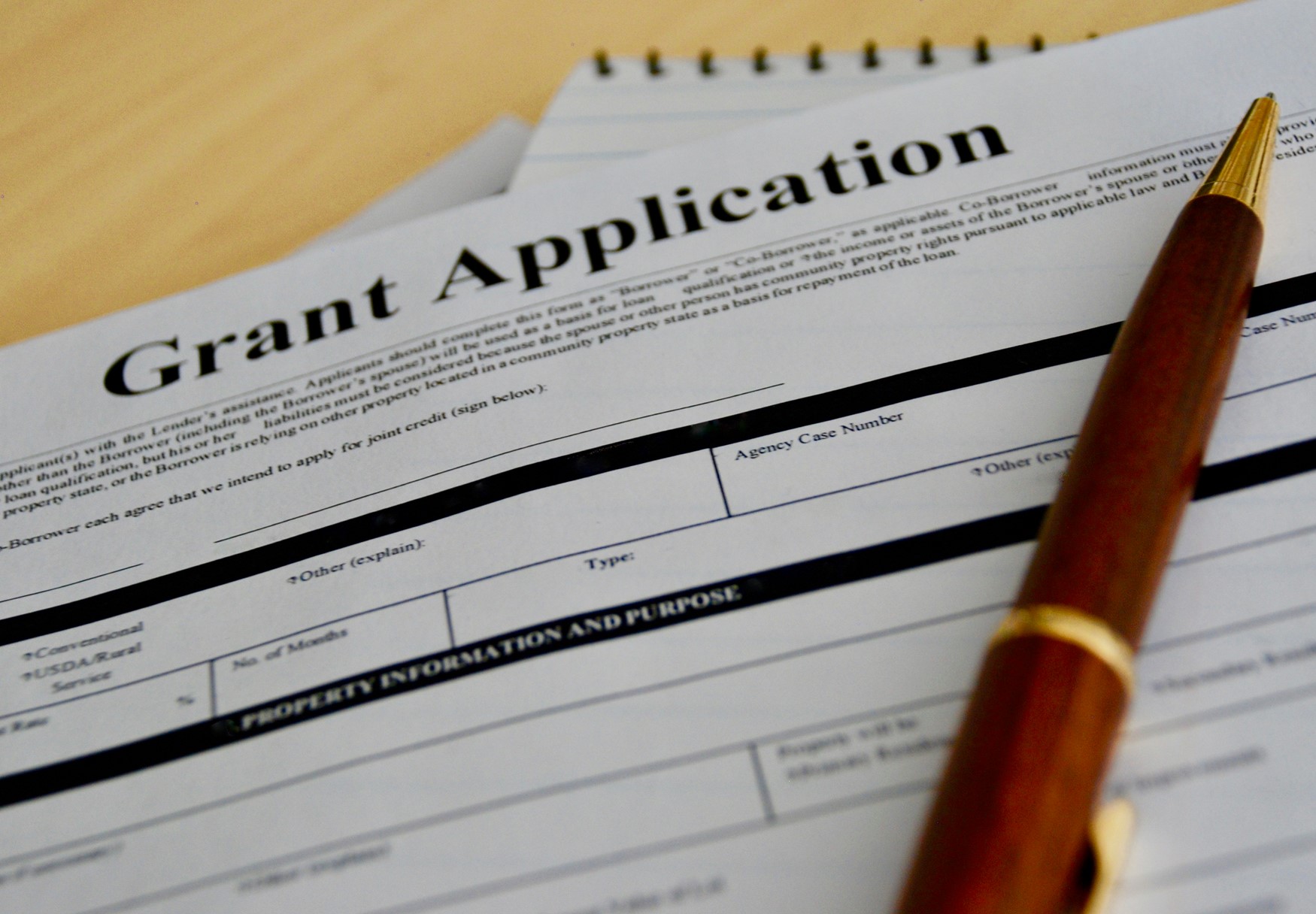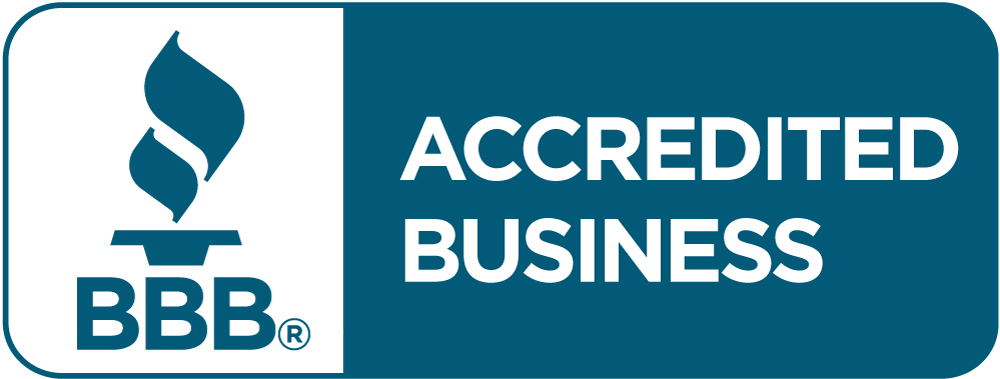Quick Links
ToggleWhether you want to take advantage of an exciting opportunity or you could just use a financial boost, government grants for small businesses can give you the hand-up you need. Understanding your business funding options is the first step to deciding whether they’re the right opportunity for you. Here’s a closer look at some of the most popular business grants and government funding sources currently available.
1. COVID-19 Relief Programs
In response to the impacts of the COVID-19 pandemic, the U.S. government has instituted a variety of SBA grant opportunities. While some have already closed, the following are still available.
COVID-19 Economic Injury Disaster Loan
The COVID-19 EIDL is a low-interest loan that provides financial relief for small businesses and nonprofits that are losing revenue temporarily. The COVID-19 pandemic is considered an economic disaster under the loan program.
Shuttered Venue Operators Grant
Using the Shuttered Venue Operators Grant, eligible establishments can get assistance. This may include venues, music venues, and movie theaters, affected by COVID-19. The original grant closes on August 20, 2021, but a new program will be released in late August.
SBA Debt Relief
The SBA Debt Relief Program offers debt relief for SBA borrowers who were negatively impacted by the COVID-19 pandemic.
2. Small Business Innovation Research (SBIR) Program
Businesses focused on technology innovation may be able to receive funding under the SBIR program. These funds are granted for research and development. Businesses may also be able to get additional support for commercializing the technology or service they’ve created. To receive the full grant amount, businesses must complete a three-phase program.
3. Small Business Technology Transfer (STTR) Program
The STTR program is similar to SBIR, but it’s more focused on creating partnerships between the public and private sectors for research and development projects. It creates opportunities for collaboration between small businesses and some of the country’s leading nonprofits.
When the products or services created are commercialized, some or all of the profits are given to the small business. This grant also requires the completion of a three-phase program for full receipt of the funds.
4. State Trade Expansion Program (STEP)
STEP is actually a collection of government grants and other support sources. It’s exclusively focused on helping small businesses that want to expand their export developments. The grants are given to state entities, then businesses apply directly to the entity. The Small Business Association (SBA) can offer assistance with the STEP program.
5. U.S. Economic Development Administration (EDA)
The EDA is focused on fostering economic development in all communities in the United States. These opportunities are always changing, so it’s best to check the EDA website to see what’s currently available.
6. Government Contract Assistance
While not exactly a grant, the federal government also spends billions of dollars on purchasing goods and services each year. Programs are in place to help small business owners compete for these federal dollars.
Service-Disabled Veteran-Owned Small Business Program
Business owners who are service-disabled veterans can receive assistance with getting federal contracts. This is helpful since the federal government aims to grant at least 3% of all contracting dollars to owners who fall in this group.
Women-Owned Small Business (WOSB) Federal Contracting Program
WOSB is an SBA program supports women entrepreneurs through the Office of Women’s Business Ownership by offering a variety of services including access to credit and capital, business training and counseling, and federal contracts. The federal government aims to award at least 5% of federal contracting money to women-owned small businesses each year.
8(a) Business Development Program
Under this program, the government assists 8(a) businesses that are owned by socially or economically disadvantaged entities. They support these businesses by limiting competition for certain contracts.
HUBZone Program
The HUBZone Program sets aside certain contracts exclusively for businesses that join the program. It also gives these businesses preference for other contracts and provides a 10% price preference when evaluating open contract competitions.
Need Funding Now? Some Important Considerations
Federal grants for business and other government assistance programs are excellent funding options for many business owners. They’re not based on your credit score and you aren’t required to repay them. However, it’s important to keep in mind that applying for a grant or government program can be time-consuming. Since these grants are highly competitive, there’s also a chance you may not qualify. In addition, there are often limitations on how you can use the funds.
Many business owners find that applying for grants is just one part of an overall strategy. If you need money right away or need additional flexibility, you may also need to apply for a loan.
Zinch makes it easy for business owners to get the funding they need when they need it. Contact us at (714) 500-6622 to learn more about your options. You could qualify for up to $250,000 in just 24 hours.










